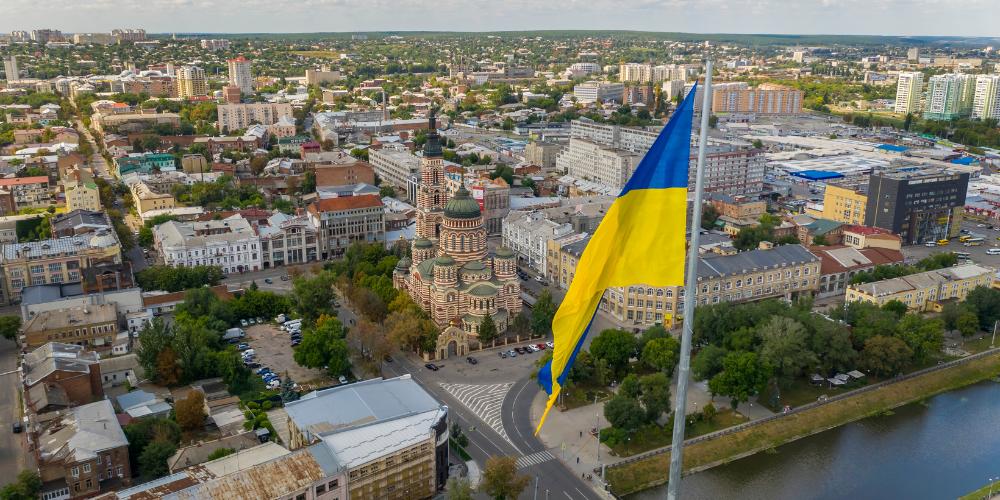Typically, manhood comes in a boy at 15 years. But frankly, the transition from boyhood to manhood is a complex process that varies culturally and individually, often marked by physical, emotional, and social maturity.
The journey from boyhood to manhood is a significant and complex process encompassing various physical, emotional, and societal changes.
As boys navigate through adolescence, they undergo a series of transformative experiences that mold them into mature individuals capable of shouldering responsibilities.
But when can we honestly say that a boy has become a man? This transition is not solely determined by Age or physical growth but rather by a combination of factors that include emotional maturity, societal expectations, and personal development.
In this article, we will explore when this transition typically takes place, and the effects of manhood in a boy’s life, contemplating whether the transformation is good or bad.
When Does A Boy Become A Man?
There is no definitive answer to when a boy becomes a man, as it is not solely based on Age or physical maturity. The transition from boyhood to manhood is multifaceted and varies across cultures and individuals.
Typically, manhood comes to a boy at 15 years or after that. But according to the law, boys at 18 years of age are considered a proper mature man. However, the laws are different in different counties. In some countries, boys at 20 age are counted as mature people.
In a nutshell, manhood is a combination of biological, psychological, and social factors. Biologically, puberty marks the beginning of sexual maturation in boys, but adulthood is more than just a result of physical changes.
Psychologically, maturity involves emotional and cognitive development, including taking responsibility for one’s actions and making independent decisions.
Socially, societal expectations and cultural norms play a role in defining manhood. It can be influenced by factors such as Education, cultural values, and personal experiences.
Ultimately, becoming a man is a subjective and personal journey that is unique to each individual, and it is defined by a combination of personal growth, self-reflection, and taking on the responsibilities of adulthood.
What Changes are noticed during and After the Transformation of a Boy to Men?

The transition from boyhood to manhood is a significant and transformative stage in a young person’s life. This transition brings about various changes, both physical and emotional, that have a profound impact on a boy’s overall development and identity.
The impacts of manhood are noticed from different perspectives- some argue that it brings positive changes like increased responsibility and maturicity, while others believe it can also bring challenges and societal expectations that can negatively affect boys.
Here are some changes that are often noticed during and after the transformation of a boy into a man, along with explanations for each point:
1. Physical Development:
Hormonal changes during puberty lead to growth spurts, facial hair, muscle development, and a deeper voice. These changes are markers of the transition from adolescence to adulthood.
2. Emotional Maturity:
Men tend to develop better emotional regulation, coping mechanisms, and empathy as they navigate life’s challenges. This is partly due to increased life experiences and exposure to various emotions.
3. Responsibility and Independence:
Men take on more responsibilities, such as managing finances, making important life decisions, and contributing to society. This transition is driven by a need to be self-sufficient and contribute meaningfully to their families and communities.
4. Mental Growth:
Cognitive abilities like problem-solving, critical thinking, and decision-making mature. Men learn to analyze situations, consider consequences, and adapt their thinking to complex scenarios.
5. Identity and Self-Discovery:
During the transformation, men explore their interests, values, and beliefs, which contributes to a clearer sense of self and purpose. This self-discovery often continues into adulthood.
6. Relationships:
Men tend to form more balanced and meaningful relationships. They learn to communicate openly, express emotions, and engage in deeper connections, both romantically and socially.
7. Career and Ambitions:
Men often become more focused on career goals, seeking stability, growth, and pursuing their aspirations. The transformation pushes them to work towards fulfilling their potential.
8. Confidence and Self-Esteem:
As men overcome challenges and achieve milestones, their self-confidence and self-esteem tend to improve. They feel more secure in their abilities and decisions.
9. Communication Skills:
Men develop stronger communication skills, both verbal and non-verbal. They learn to convey thoughts clearly, listen actively, and negotiate effectively.
10. Dealing with Adversity:
Men learn resilience and the ability to handle setbacks. They adapt to difficulties, learning from failures and using those experiences to become stronger.
11. Lifestyle Choices:
Men make healthier lifestyle choices, including exercise, diet, and overall well-being. They become more aware of the impact of their habits on their long-term health.
12. Personal Values and Ethics:
Men solidify their personal values and ethical beliefs, guiding their behavior in various situations and shaping their interactions with others.
The transformation from a boy to a man is a multifaceted journey encompassing physical, emotional, psychological, and social growth.
These changes reflect the process of maturing and adapting to the demands and responsibilities of adulthood.
FAQs
At what Age does a boy typically become a man?
The Age of transitioning from boy to man varies widely, typically occurring between the late fifteens and early twenties.
Is there a specific event that marks the transition from boyhood to manhood?
No, there isn’t a universal event. It’s a gradual process involving personal growth, responsibilities, and cultural influences.
Does physical maturity determine when a boy becomes a man?
Yes, Physical maturity is a factor, but emotional, social, and mental growth also contribute to the transition.
Is it solely age-dependent?
Yes, Age plays a role, but factors like life experiences, responsibilities, and personal development are equally important.
Do cultural or societal norms impact this transition?
Yes, cultural and societal norms influence expectations and rites of passage, which can vary significantly.
Can a boy become a man before adulthood?
Yes, some cultures emphasize early maturity through ceremonies, while others consider adulthood as the threshold.
Is the concept of “becoming a man” universal across cultures?
No, the concept varies culturally. Different societies have different criteria and rituals for this transition.
Is Independence a critical factor in becoming a man?
Yes, both Independence and taking on responsibilities are often seen as signs of maturity, but they aren’t the sole indicators.
Does Education play a role in this transition?
Yes, Education can contribute to personal development, but it’s not the only determinant of becoming a man.
Can the process of becoming a man continue throughout one’s life?
Yes, personal growth and maturity are ongoing processes, and individuals continue to evolve throughout their lives.
Conclusion
Becoming a man goes beyond Age and physical maturity. It encompasses the development of qualities such as maturity, self-reliance, accountability, and emotional intelligence.
A boy becomes a man when he takes on the challenges and responsibilities of adulthood, demonstrates respect, integrity, and compassion, and strives to contribute positively to society.
It is a process that varies for each individual, influenced by cultural, societal, and personal factors.











